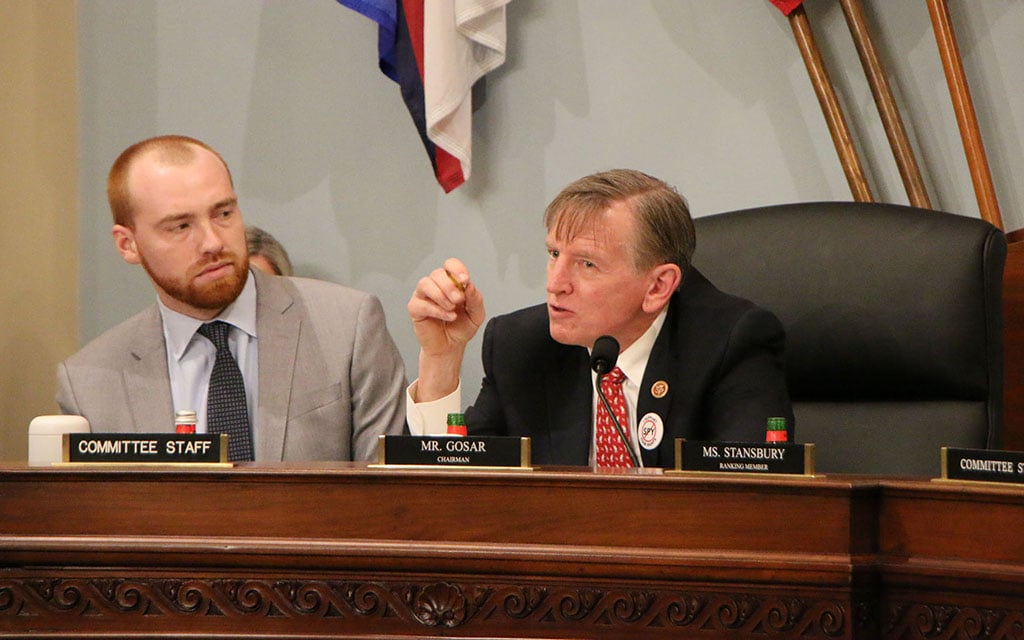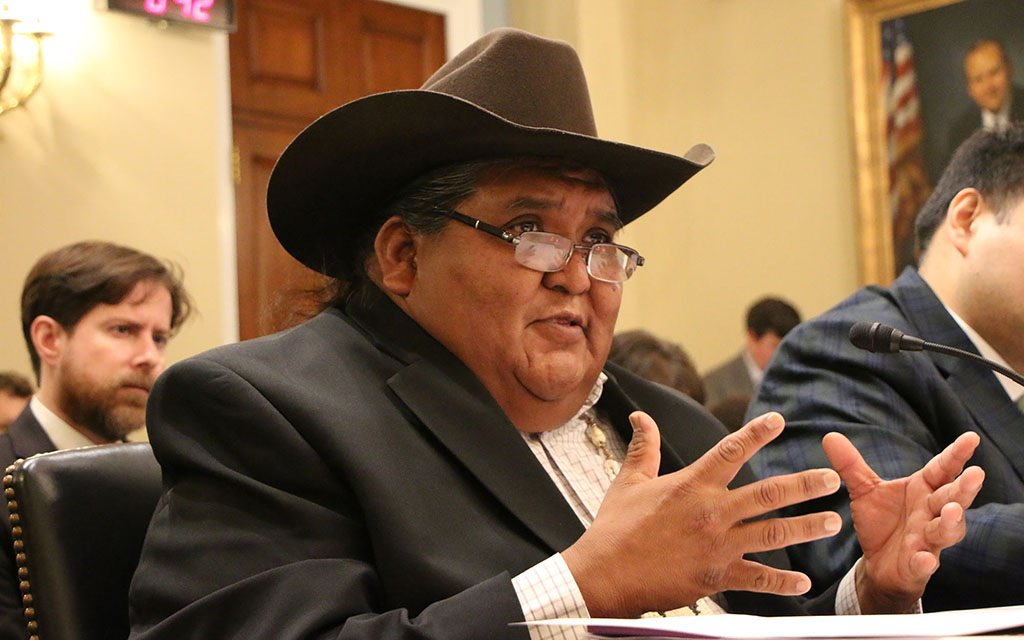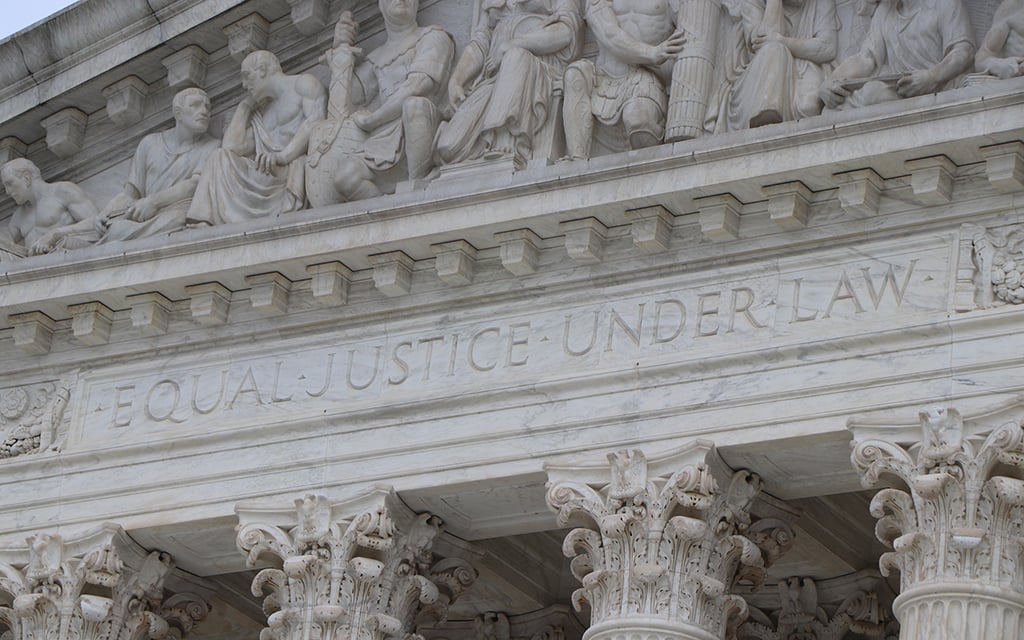WASHINGTON – Lawmakers wanted to talk about the problems of foreign criminal cartels operating on Indigenous lands, but tribal leaders came to the House Natural Resources subcommittee hearing Wednesday seeking solutions.
Instead, they said, they left the hearing afraid it was just another “check-a-box-off” exercise.
“Something that wasn’t really talked about is where do we go from here?” said Tohono O’odham Chairman Verlon Jose. “I heard, ‘Yes I want to go to your reservations,’ ‘Yes, I learned something.’ But there was no real strong commitment on where do we go from here. That’s what I want to hear.”
Rep. Paul Gosar, R-Bullhead City, who chaired the hearing, acknowledged that solutions may not have been forthcoming Wednesday. But he said it was important to start the discussion and he hopes it was the first step in a longer process between Congress and the tribes.
The hearing in the Oversight and Investigations Subcommittee was called to focus on “Biden’s border crisis” and to look at the “increase in violence, crime, and drug overdoses that are ravaging communities across Indian country” at the hands of drug cartels, the hearing notice said.
Jose and other tribal leaders who testified at the hearing said the problems they face from the cartels are real.
“Our police force spends about half its time on border issues, including the investigation of immigrant deaths, illegal drug seizures, and human smuggling,” said Jose, whose community straddles the U.S.-Mexico border. “Smugglers have held tribal families hostage, damaged and stolen property, and recruited tribal youth to engage in smuggling activity.”
But they warned that solutions to those problems will take time, money, a recognition of tribal sovereignty and a level of cooperation that tribes have yet to see from Congress.
“Are we going to walk out these doors and be like, ‘All right, what was this for?'” asked Bryce Kirk, a councilman for the Assiniboine and Sioux Tribes of the Fort Peck Reservation in Montana. “You know, how do we work together? That’s the question that I didn’t get from you guys, ‘How are we going to work together?’ Because right now, sitting here, it’s still seems divided.”
One of the main solutions pushed by Kirk, Jose and other witnesses was to give tribes more autonomy to fight these issues themselves.
“I wouldn’t come in and rearrange your house for you,” Jose said the of the way tribes are often treated by the federal government. “I would work with you, or I would have you rearrange your house yourself.”
“Who better to address the needs than the people themselves? When we have that consultation and that direct funding, we’re able to really put the money where it works, because you (the federal government) can build something, but it was not designed to address the local community,” Jose said.

Rep. Paul Gosar, R-Bullhead City, chairs a House Natural Resources subcommittee heraring on the impact of international criminal cartels in Indian Country. (Photo by Ian McKinney/Cronkite News)
Gosar agreed that there needs to be more respect for tribal sovereignty.
“Tribal entities are sovereign entities, and no one’s talking to them about how they’re being impacted by the mass implementation of foreign nationals,” he said, referring back to the cartels.
“I think, from the standpoint of delegating water or assets and resources to them, holding them accountable, is a great way to set an example for the FBI and anybody else,” Gosar said after the hearing.
Gosar said he’s optimistic Congress will take action, telling leaders to “stay tuned.”
Despite the reassurances, Jose said he is still concerned, and plans to continue pushing for lawmakers to work with tribal leaders on solutions.
“We’re not asking for a handout. We’re asking for a hand-up so that we can play our role in society,” Jose said. “How do we work together to address it? We really want to create the solutions; we really need to work together.


